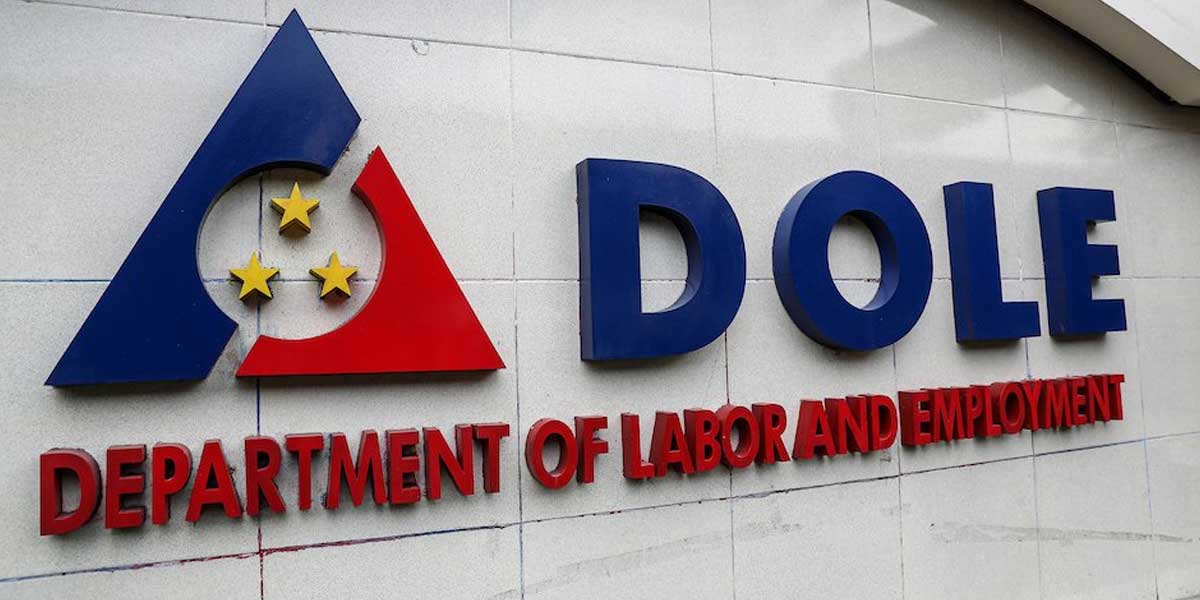The Japan Credit Rating Agency, Ltd. (JCR) has affirmed the Philippines’ investment-grade credit rating of “A-” with a stable outlook in view of the country’s economic recovery and robust macroeconomic fundamentals.
In a report released on 10 March 2023, the Japan-based debt watcher cited the “country’s high and sustained economic growth performance underpinned by solid domestic demand and resilience to external shocks.” This is supported by the maintenance of a low external debt relative to the country’s gross domestic product (GDP) and the accumulation of foreign exchange reserves, according to the credit rating agency.
An investment-grade rating indicates lower credit risk, thus allowing a country to access funding from development partners and international debt capital markets at lower cost. This enables the government to channel funds that would have otherwise been allotted for interest payments to socially beneficial programs and projects.
According to the Philippine Statistics Authority, the Philippine economy grew by 7.6 percent in 2022, exceeding the government’s target range of 6.5 to 7.5 percent due to increased private consumption and the reopening of businesses.
The JCR said that the plans of the administration of President Ferdinand R. Marcos, Jr. to sustain infrastructure development is “expected to have an effect of underpinning the recovery of the economy.”
For its part, Bangko Sentral ng Pilipinas (BSP) Governor Felipe M. Medalla said the central bank “will continue to use the necessary policy levers to address the current challenges brought about by tighter global financial markets and to bring inflation back to a target-consistent path.”
The BSP’s policy toolkit includes interest rate adjustments, a flexible exchange rate, and the use of foreign exchange reserves. The central bank also supports the national government’s implementation of targeted non-monetary interventions to help address supply bottlenecks and price pressures.
The credit rating agency added that the Philippine banking system remains “healthy on stronger payment capacity and the improving employment situation,” to which the Governor concurred.
“Philippine banks have continued to demonstrate strength. They are growing in a healthy way without sacrificing the stability of the banking system, while managing to preserve the interests of depositors. The BSP expects banks to remain sound and well-capitalized,” Governor Medalla said.
He explained that larger current account deficits are brought about by higher commodity prices, import volumes, and aggressive infrastructure spending. He added that while infrastructure spending often requires importation of capital goods and equipment that contributes to the current account deficit, this will result in long-term economic growth.
Moreover, Governor Medalla said that the external payments position is manageable as supported by sustained foreign exchange flows from Overseas Filipino remittances, business process outsourcing revenues, foreign direct investments, and tourism receipts.
Preliminary BSP data revealed that the country’s gross international reserves remain robust at USD 99.3 billion at end-February this year. The figure represents a liquidity buffer equivalent to 7.5 months’ worth of imports of goods and payments of services and primary income.
The head of the economic team and Department of Finance (DOF) Secretary Benjamin E. Diokno underscored the government’s commitment to the Medium-Term Fiscal Framework and the legislative priorities of the Marcos, Jr. administration to address both short-term challenges, such as high inflation and tight fiscal space, as well as medium-term constraints including job creation and infrastructure development.
“To sustain our growth momentum, the government has crafted a comprehensive socioeconomic agenda to tackle immediate concerns while setting into motion deep economic and social transformation where opportunities abound for all Filipinos. The agenda includes aggressive spending for critical public infrastructure that would redound to improvements in productivity and welfare of Filipinos,” Finance Secretary Diokno said.






















